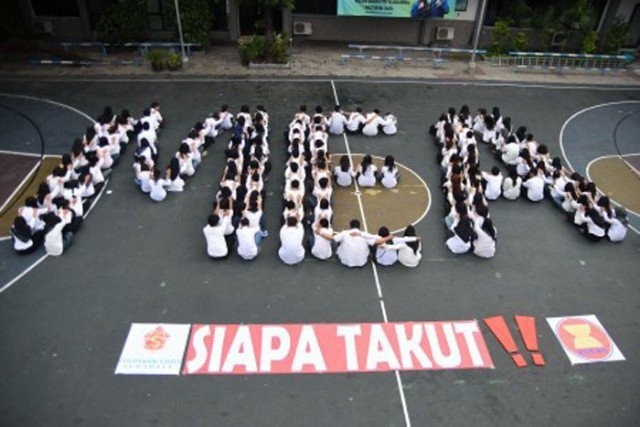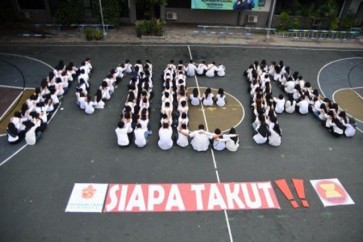Popular Reads
Top Results
Can't find what you're looking for?
View all search resultsPopular Reads
Top Results
Can't find what you're looking for?
View all search resultsMaking ASEAN a 'second home'
Most university students felt that ASEAN had not given them much benefit or, at least, many opportunities.
Change text size
Gift Premium Articles
to Anyone
A
SEAN marks its golden anniversary this month. Several public corners of Jakarta are being used to show the association enthusiastically marking its historic anniversary.
While commending the achievement of this regional organization for its durability of half a century, one may wonder whether ASEAN has widely benefited the peoples of its member countries.
This will be a big, pertinent question.
A few months ago, I posed that very question to several students at my university. Surprisingly, most did not feel that ASEAN had benefited them. The benefit that they felt the most was the free visa, though limited in duration, when traveling around the region.
It can be argued that the answer does not represent the general view of the peoples, or at least the younger generation, of Southeast Asia. Nonetheless, when I posed the same question to university students in Bangkok recently, only one or two responded that the organization had benefited them. In other words, most university students felt that ASEAN had not given them much benefit or, at least, many opportunities.
This perception is indeed in stark contrast to the fact that ASEAN conducts more than 1,300 meetings a year. The public could challenge whether all those meetings have generated any benefits for them. If not, the meetings will be regarded as a waste of resources.
Relevant policymakers must treat this situation seriously; and more particularly in reference to ASEAN’s claim that it is a “peoplecentered and people-oriented” organization.


















